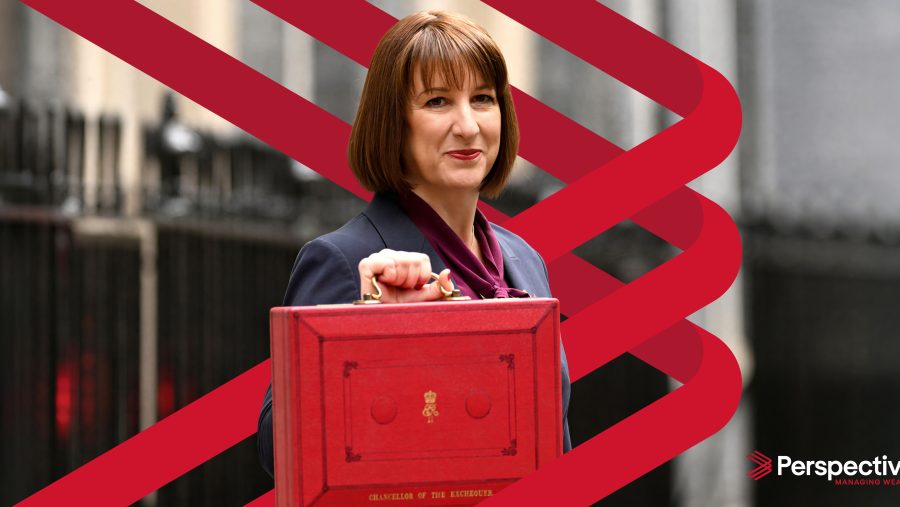Published
7th July 2025
Categories
The Cambridge Weekly
Share
The biggest headline last week came from UK politics as the Labour government made significant changes to their initial proposed welfare reforms. The amended reforms were passed in Parliament last Tuesday but do not generate the magnitude of savings initially anticipated.

US Equity Market:
The US Bureau of Labor Statistics released unexpectedly strong employment data last Thursday, revealing that the economy added 147,000 jobs in June, significantly above the 110,000 predicted by Bloomberg economists. The data has reduced the likelihood of the Federal Reserve cutting interest rates at its upcoming July and September meetings, despite ongoing market and political pressure to ease monetary policy. Interest rate cuts are one of the Fed’s tools to support its dual mandate, which includes maximum employment. The S&P 500 rose 0.4% shortly after markets opened on Thursday morning.
With a background of increased global geopolitical tensions and volatile economic policies, the dollar has recorded its worse start to a year since 1973. Over the first half of 2025, the dollar index, which measures the US Dollars strength against other major currencies, fell 10.8%. This is an indication that global investors are reducing their exposure to the world’s most popular currency.
Over the week, the S&P 500 and NASDAQ indices rose 1.75% and 1.5% respectively and both hit all-time highs.
UK Equity Market:
According to figures published by the Office for National Statistics (ONS), UK real household disposable income per head dropped by 1% over the first quarter of 2025. This is the fastest quarterly fall in two years and exerts further pressure on the Labour government.
UK house prices fell 0.8% in June, significantly below the 0.2% rise predicted by analysts. Economists attribute the fall in prices to weaker demand following the increase in stamp duty which came into effect in April.
The FTSE 100 rose by 0.28% over the week, and sterling trades at around 1.36 to the US dollar.
Inflation, Interest Rates and Bond Markets:
UK bond markets have stabilized after a sharp rise in yields last Wednesday, triggered by political uncertainty. Prime Minister Keir Starmer initially failed to fully support chancellor Rachel Reeves during a tense exchange with the Conservative Party in the house of commons last Wednesday. This followed Labour’s decision to reverse a planned £5bn cut to disability benefits. Investor concerns over Reeves’ future, which could lead to potential fiscal loosening and increased borrowing, pushed the 10-year gilt yield up to 4.68%, before easing back to 4.53% after Starmer later reaffirmed his backing for her.
The two-year US Treasury yield increased 0.09 percentage points last Thursday morning to 3.87%, following the release of the June employment data.
What’s on the horizon:
China is set to release its Consumer Price Index (CPI) inflation figures on Wednesday. After experiencing four consecutive months of deflation, investors are watching closely to see whether the multiple interest rate cuts this year are beginning to stimulate growth in the world’s second-largest economy. The upcoming data will be a key indicator of whether Beijing’s monetary easing is translating into stronger consumer demand and economic momentum.
It’s a relatively quiet week ahead for major central banks, with only Australia and New Zealand making interest rate decisions.
You can read our June asset returns review here: June review
This material has been written on behalf of Cambridge Investments Ltd and is for information purposes only and must not be considered as financial advice. We always recommend you seek financial advice before making any financial decision.
Past performance is not a guide to future performance.
The value of your investments can go down as well as up and you may get back less than you originally invested.Source of financial market data: MorningstarDirect.


